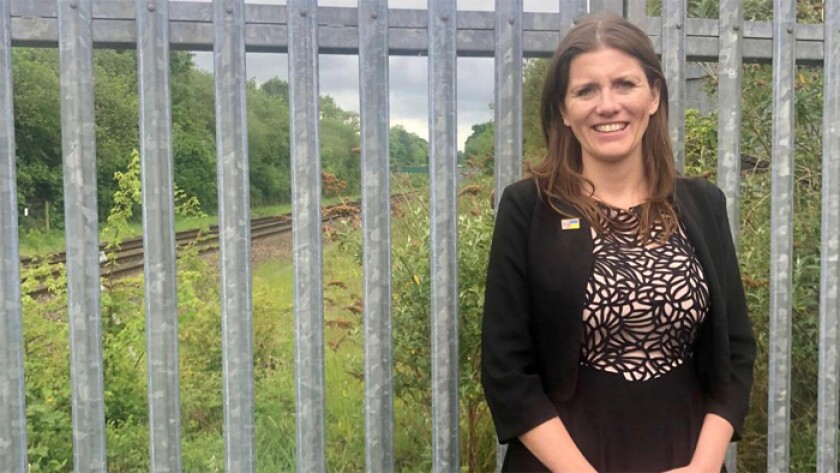Michelle Donelan MP (pictured), named last night as secretary of state in the Department of Digital, Culture, Media and Sport (DCMS), worked for Sky on a joint venture with A+E Networks, primarily on the History Channel, she records on her LinkedIn account.
One of the top items on her new agenda is the UK’s proposed regulation on online safety, which expands the role of the telecoms regulator, Ofcom, to include online content.
Donelan, a long-term supporter of new UK prime minister Liz Truss, replaces Nadine Dorries MP, who was in the role from 15 September 2021 until she decided to return to the back benches of the House of Commons and continue her career as a novelist.
The first minister in the role since the Conservatives won the 2010 election was Jeremy Hunt, who lasted 28 months, the longest of all 12 who have had the office.
Maria Miller lasted 19 months in the job, Sajid Javid 13 months and John Whittingdale 14 months.
Karen Bradley took over in July 2016, and saw the addition of the word “Digital” to what had been the Department of Culture, Media and Sport. She lasted until January 2018, meaning she served for 18 months in all.
Matt Hancock, her successor, lasted six months; Jeremy Wright survived just over a year, but in his time in office managed to present a White Paper on online harms – an issue that is likely to dog Donelan’s time in office.
Wright was replaced by Nicky Morgan, who was the minister for only seven months before she was succeeded by Oliver Dowden, who ran DCMS for 19 months until Dorries took over in September 2021.
Donelan has Cabinet experience before – in July 2022, when Boris Johnson’s administration was collapsing and dozens of ministers were resigning. She was secretary of state for education for just two days before resigning herself.
As secretary of state at DCMS, she will have to address the UK’s poor record in fibre-to-the-home (FTTH). A report yesterday by Cable.co.uk, based on data from M-Lab, said the UK was slower than 34 other countries measured, with average speeds roughly 73% of the western European average of 99Mbps.
Likely to be higher on her to-do list are the future of state-owned broadcasters the BBC, which is funded by a tax on every household owning a TV set or watches TV online, and Channel 4, which is funded by advertising.
Under Johnson and Dorries, the government wanted to freeze the BBC licence fee and sell off Channel 4.
As MP for Chippenham, in Wiltshire, she has her own Facebook page, which in recent weeks has been filled with support for Truss in the contest to lead the ruling Conservative Party.
The constituency adopted her as its prospective candidate in February 2013, when she was still working for WWE. She won her seat in the 2015 with 47.6% of the vote, a share she increased in the 2017 and 2019 elections to 54.7% and 54.3%.
Dorries presented the Online Safety bill to Parliament in June 2022, nearly two years after the White Paper – with a deft change of title from “harms” to “safety”. This is now at the report stage in the House of Commons, before going to the upper house – the House of Lords – for its review and possible amendment.
This bill, if passed, will give Ofcom, the UK telecoms regulator, the power to regulate “certain internet services” and will set up “communications offences”.






